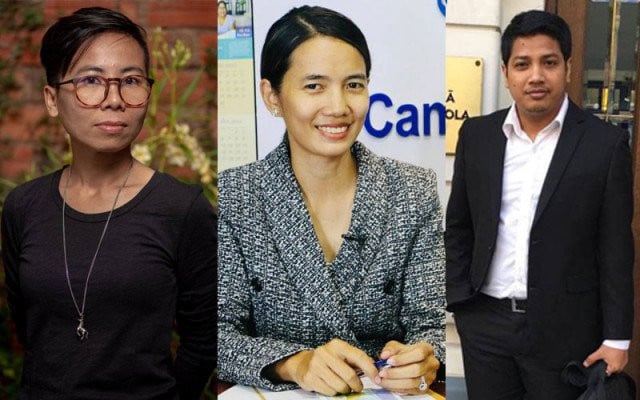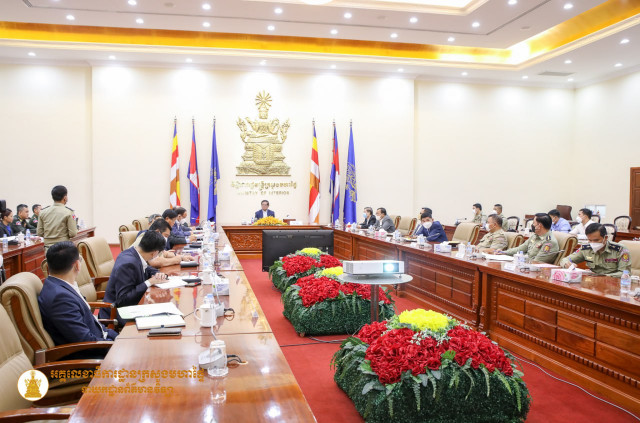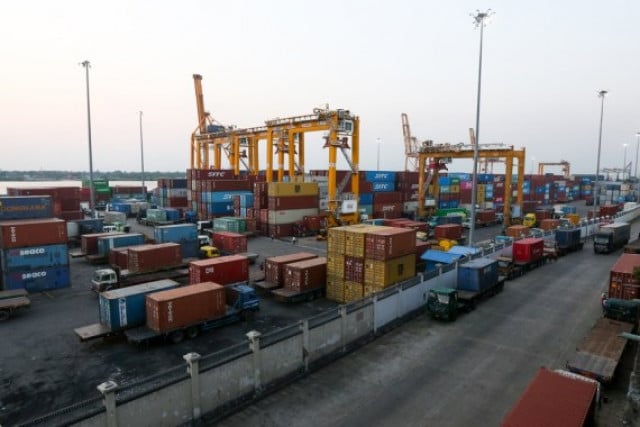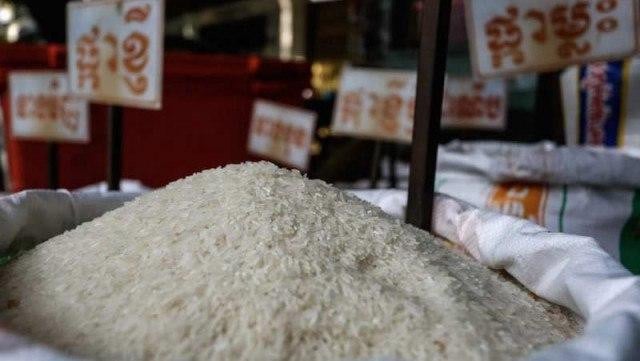Cambodia’s Gender Roles Stifle Freedom of Expression among Transgender Community

- By Sou Sokunthea
- October 25, 2021 4:09 PM
While some progress has been made, Cambodian society still fails to accept transgender people and experts have called for a change to perceptions of gender
PHNOM PENH--Cambodian men who seek to transition to women face more discrimination within society than women who seek to become men, human rights experts have warned.
Noting that discrimination regarding sexual orientation and gender identity remains rife in Cambodia, Ly Pisey—coordinator at Rainbow Community of Cambodia—said Cambodia’s social norms and ingrained gender roles disproportionately affect the LGBTQ+ community.
A UN Women report from July 2021 found that 2.5 billion people worldwide, especially the LGBTQ+ population, suffer from discrimination, labor market problems as well as a lack of legal protection.
“In our society, to be regarded as a man, men must be a certain build and be strong—but if a man transitions into a woman, with a gentle demeanor, it can cause some awkwardness and even resentment from the general public,” said Pisey, adding that this is how discrimination begins.
“Transgender people who change from male to female face a lot of problems in both their family and our society,” she said.
The level of discrimination that women who transition into men face is milder, she said, as Cambodian society remains tolerant of women seeking to become men due to persistent female characteristics and stereotypes about women’s role in society.
Seng Reasey, executive director of Silaka, said gender is a society’s setting of attitudes and values, which are often reflected in the type of work assigned to each gender within that society.
She said that some types of work in society are determined by gender, such as hairdressers, tailors, and wedding embellishment. Society says that these jobs are more suitable for women than men, whereas engineers or architects are more suitable for men than women.
“Such a mindset puts transgender people under pressure to participate in society and limit their potential,” said Reasey, adding that these gender roles and norms have enormous impacts on people’s decision making and interactions with society.
Building on this, Lim Borin—who coordinates the Voice for Gender Equality project at the Cambodian Center for Human Rights—said the situation of gender segregation in Cambodia has improved, but pressure on women and the LGBTQ+ community remains.
He said Cambodian society’s definition of gender is women should have long hair or wear skirts, while men should have their hair cut short and wear pants, and so on.
“Nowadays, when we talk about gender equality, we include the LGBTQ+ population,” he said. “To reduce discrimination and gender segregation in society, every citizen must be open-minded without discriminating against any gender.”
Relevant authorities must strengthen laws to protect individual rights in order to protect the rights of women and the LGBTQ+ population, he urged.
Translated by Teng Yalirozy















